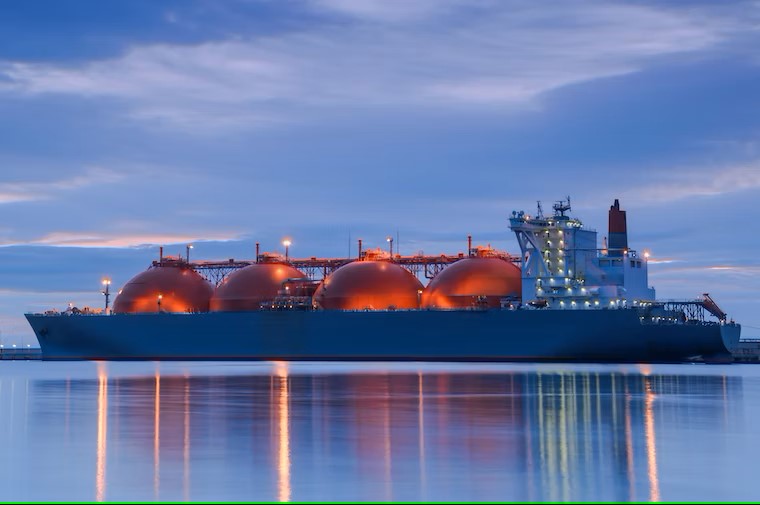Key highlights
- The International Energy Agency (IEA) is calling attention to the risk facing the natural gas market as a result of the global energy crisis.
- It said that pricing and investments will determine how countries explore natural gas to close energy access gaps.
- The International Gas Union has previously recommended ways for emerging and developing economies to explore their natural gas resources on a long-term basis.
The International Energy Agency (IEA) has said that prices, policies, and investments will determine the future of natural gas. The agency stated this in its April 2023 Outlooks for Gas Markets and Investments.
The International Energy Agency (IEA) expects that the future role of natural gas will depend on a range of key variables such as prices, policies, investment, the pace of renewables growth and declines in coal, rates of end-use electrification, the industry’s record on methane abatement, and growth in low-emissions gases.
All these factors will vary from one country to the next and will also depend on the country’s reactions to the current global energy crisis. A part of the IEA outlook stated:
- “In the midst of a global energy crisis in which shortages of natural gas have played a central role, fundamental questions are now being asked about the long-term future of natural gas.
- “The crisis has reminded policymakers and energy consumers of the immediate importance of stable and affordable natural gas supplies. The traditional arguments in favour of gas, its role as a reliable partner to the clean energy transition, and its ability to step in to fill the gap left by declining coal and oil are also being tested.”
What this could mean from the pricing and investment perspective
If natural gas prices remain low, it could continue to be a popular choice for electricity generation in many parts of the world. However, if prices rise or if governments impose stricter regulations on natural gas use, it could become less competitive.
Similarly, if investments in renewable energy continue to grow at a rapid pace, it could eventually replace natural gas as the primary source of energy in many parts of the world. However, if renewable energy growth is slower than expected, natural gas may continue to play a key role in the transition to a cleaner energy system.
More insights from the outlook
According to the IEA, natural gas demand in emerging economies under the Stated Policies Scenario (STEPS), will rise by 110 billion cubic meters between 2021 and 2030, at around one-fifth of the growth rate seen in the previous decade.
Also, industrial gas demand in 2022 fell by 30 billion cubic meters, or 3.3% compared to 2021. Meanwhile, natural gas demand in the industry globally is projected to fall by 2% between 2021 and 2030.
Meanwhile, in the power sector, natural gas demand declines by about 3% in the STEPS between 2021 and 2030, with gains in emerging markets and developing economies more than offset by declines in advanced economies.
What the International Gas Union recommends for an active gas market in Africa
In their February 2023 Gas for Africa report, the International Gas Union and research company, Hawilti recommended the following for African countries to explore natural gas and then transition to cleaner fuels in the future:
- Build gas systems that are decarbonized with the use of renewable gas, hydrogen, and carbon capture technologies, and can therefore provide energy today while anchoring the continent’s future low-carbon power systems.
- Promote gas-based industrialization to create jobs, expand supply chains with the production of fertilizer and petrochemicals, and diversify economies with the growth of energy-intensive industries such as cement, steel, and desalination among others.
- Develop receiving and processing infrastructure that can monetize associated gas, thereby eliminating routine flaring while making additional energy available for homes and industries.
What you should know
The IGU and Hawilti report spotlighted successful African case studies that show that while the challenges are complex, local solutions for achieving gasification and emissions reductions can be developed.
- These cases include the successful monetization of domestic gas use in Tanzania, the growth of LNG exports in Nigeria, and flaring reduction initiatives in Angola, Nigeria, and Cameroon.
